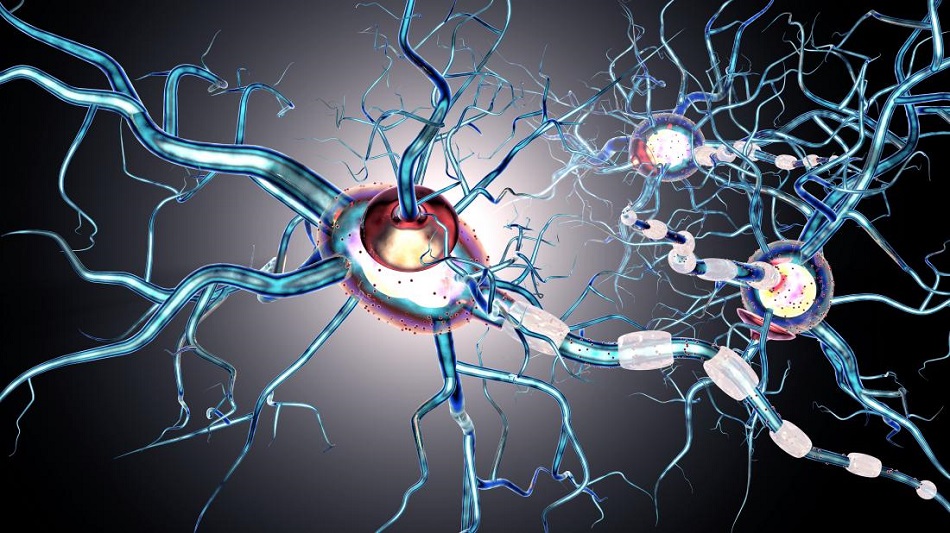A disease damages the complex of nerve tissues that control the activities of the body. Multiple sclerosis is an autoimmune disease that affects the central nervous system. We have mentioned its symptoms and causes in the previous write-up. Here, it will include its types along with the diagnosis and later the treatment.
Types of Multiple Sclerosis
There are four types of Multiple Sclerosis as follows-
- Relapsing-remitting multiple sclerosis (RRMS)
RRMS is one of the common types of MS. Symptoms in this type of MS respond to treatment and can also be resolved. It may last for weeks to years. With RRMS, the disease does not progress between relapses.
2. Secondary-progressive multiple sclerosis (SPMS)
Oftentimes, it is diagnosed in patients who were initially gone through RRMS. Progressive debility is identified in this particular kind of MS. Around 50 percent of people with RRMS develop SPMS within 10 years, and nearly 90 percent do so after 25 years.
3. Primary-progressive multiple sclerosis (PPMS)
As per its name, it progresses over time without resolving symptoms. This type of MS is less common, accounting for about 10 to 15 percent of all cases. There may be temporary, minor improvements to the symptoms during progression, but there are no relapses.
4. Progressive-relapsing multiple sclerosis (PRMS)
In this type, patients diagnosed with intense symptoms over time and intermittent episodes of remission.
Also, learn early symptoms of Multiple Sclerosis
Diagnosis
Physician follows the usual process of knowing a patient’s medical history and symptoms. Later, he would carry out the physical examination and several tests since no single test can adjudge this disease as its symptoms are similar to other nerve disorders.
If your doctor is not a specialist and discovers any possibility of getting MS, he will want you to see the neurologist (the brain and nervous system specialist). Further, specialists again may try to learn your medical history to check possible damage in your brain, spinal cord, and optic nerves.
Following are the tests your neurologist may ask you to go through;
- Blood tests
- To check your nerves functioning will examine your balance, coordination, visual changes if any and other functions.
- MRI (Magnetic Resonance Imaging)
- Analysis of cerebrospinal fluid (CSF) since, people with MS have particular proteins in their CSF.
- To gauge the electrical activity in your brain they will carry tests called evoked potentials.
There are treatments like plasma exchange, Vitamin D and Omega-3 supplements and hyperbaric oxygen therapy. But these are all unproven treatments.
Treatment
MS is an incurable disease right now. But its symptoms can be treated and relieved in its initial phase. Therefore, a physician has to go through all the medical history to know the kind of MS one is suffering from.
Novel researchers are giving doctors more options not only to learn about the causes and earliest diagnosis but to make patients life bit easier through therapies.
The doctor may prescribe drugs that would tranquilize disease severity, prevent or treat seizures, comfort your symptoms or assist you to overcome stress which occurs after learning about this condition.
During this phase of treatment, rehabilitation works as a mainstay for MS patients. They need it along with the treatment to battle against the MS. It includes
Physical therapy: Here a therapist can teach you physical exercises that will help you maintain strength and balance, manage fatigue and pain. Yoga would also work best to relieve stress.
Occupational Therapy: Therapist would teach you to take care of yourself at your workplace. Those activities would be helpful to increase development and inhibit disability.
Emotion-focused therapy: It is important to take care of emotions once diagnosed with MS. Consult your doctor, counselor, friends or family for emotional help if you feel anxiety or stress. Talk to people who live with MS on support groups.
Vocational rehabilitation: It helps people with disability to get ready for the job, seek a job and keep up with it.
Speech and swallowing therapy: If you find any difficulty in speaking or swallowing, contact a speech and language specialist to carry out special training.
Cognitive rehabilitation: You may go through such problems related to your thinking or perceptions that may due to the lesion to your nervous system or due to stress. Here you will get help to manage this problem.
A well-balanced diet, low in empty calories and high in nutrients and fiber, will help you manage your overall health. Regular exercise is important for physical and mental health, even if you have disabilities. MS is a lifelong condition. You should focus on communicating concerns with your doctor.
